Friday, March 28th, 2025 Session Descriptions
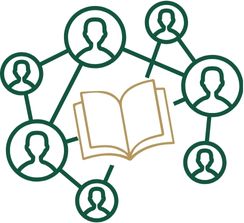
Friday, March 28th, 2025 Session Descriptions
Welcome Session 8:30 - 9:00 a.m. (All times are Eastern)
Jennifer Callison and Dr. Chandra Floyd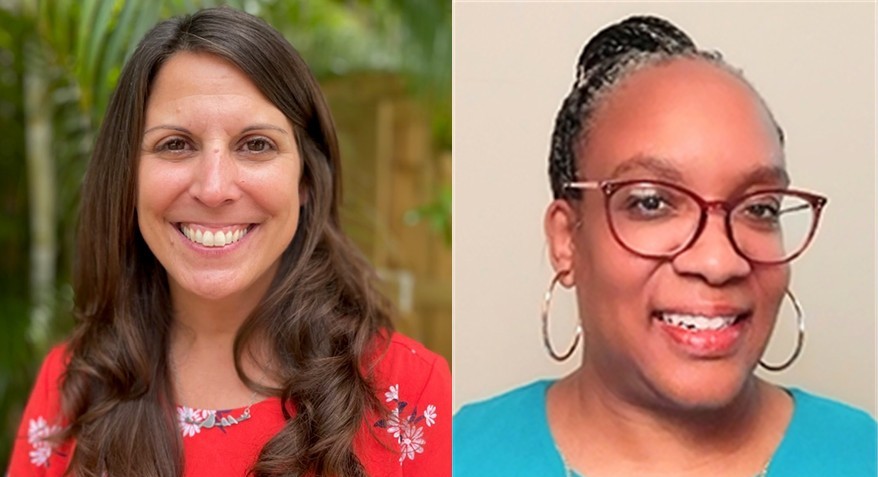
Jennifer Callison and Dr. Chandra Floyd welcome you to Day 2 of the 2025 National Curriculum Networking Conference
- Matoaka
 Dr. Sandra Kaplan
Dr. Sandra Kaplan
Depth and Complexity Icons: Applications and Adaptations for the Classroom
The prompts of depth and complexity will be demonstrated as teaching tools and gifted students’ learning experiences within and across disciplines and grade levels to promote differentiation, scholarliness, and self-directed learning. The introduction to creating and applying depth and complexity overlapping structures, situational problem-solving circles, and flowcharts will be demonstrated across the disciplines.
- Matoaka
Coffee Break
- Matoaka
Culturally Responsive Strategies: Elevating Engagement and Critical Thinking for Gifted Learners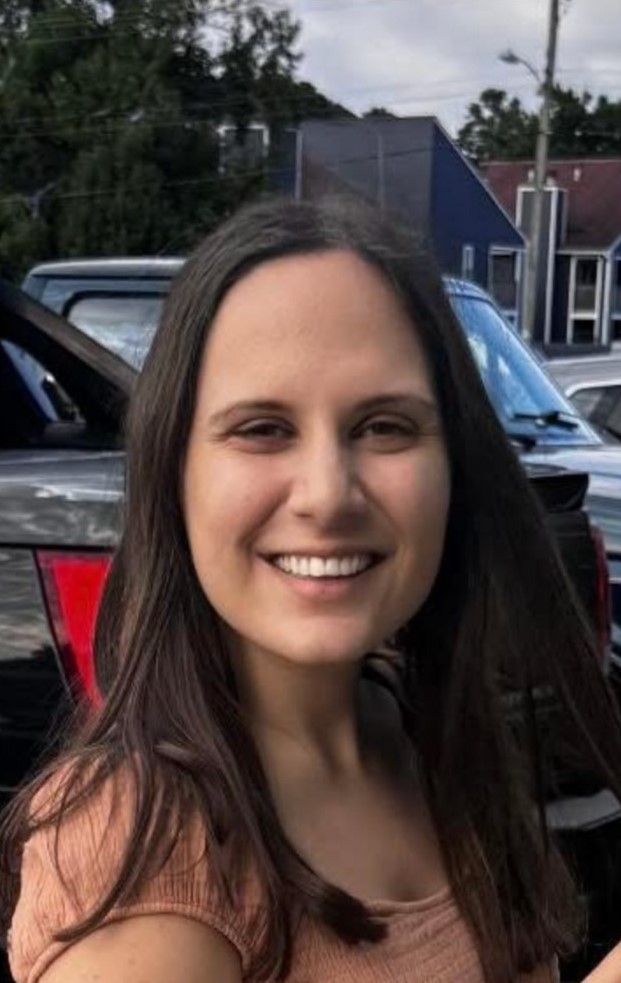
- Sarah Ghandil
- Explore culturally responsive strategies and questioning techniques designed for gifted learners to foster critical thinking and engagement. This session focuses on diverse methods, including Socratic Seminars, Philosophical Chairs, debates, and collaborative discussions to promote rigorous dialogue and honor students' unique cultural backgrounds. Learn how to create inclusive, thought-provoking environments that empower students to connect their learning to real-world perspectives. Supporting underachieving gifted students will be discussed.
- Dogwood A
Unleashing Creativity: Talent Development with Low-Prep Activities
- Elizabeth Greenwood
- Discover simple, engaging activities to cultivate creativity and talent development in high-ability learners.
- Dogwood B
Helping Parents Realize the Joys and Challenges of Giftedness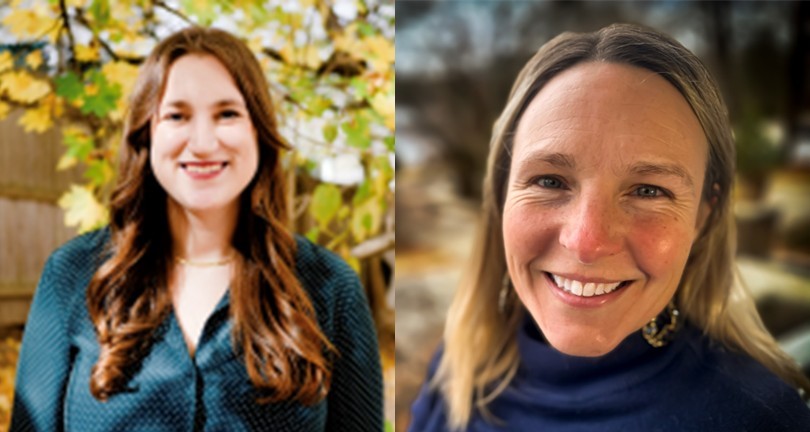
- Jamie Schefen and Heather Pinedo-Burns, Ed.D.
- What are the challenges and joys of giftedness? How do we support parents of gifted children at our schools in understanding these complexities? Sometimes children's greatest strengths as learners are paired with some of their greatest challenges. Our presentation will walk through systems you can create and help you understand and engage in the challenges and joys more thoroughly.
- Holly A
Exploring Accelerated Math Pathways in Virginia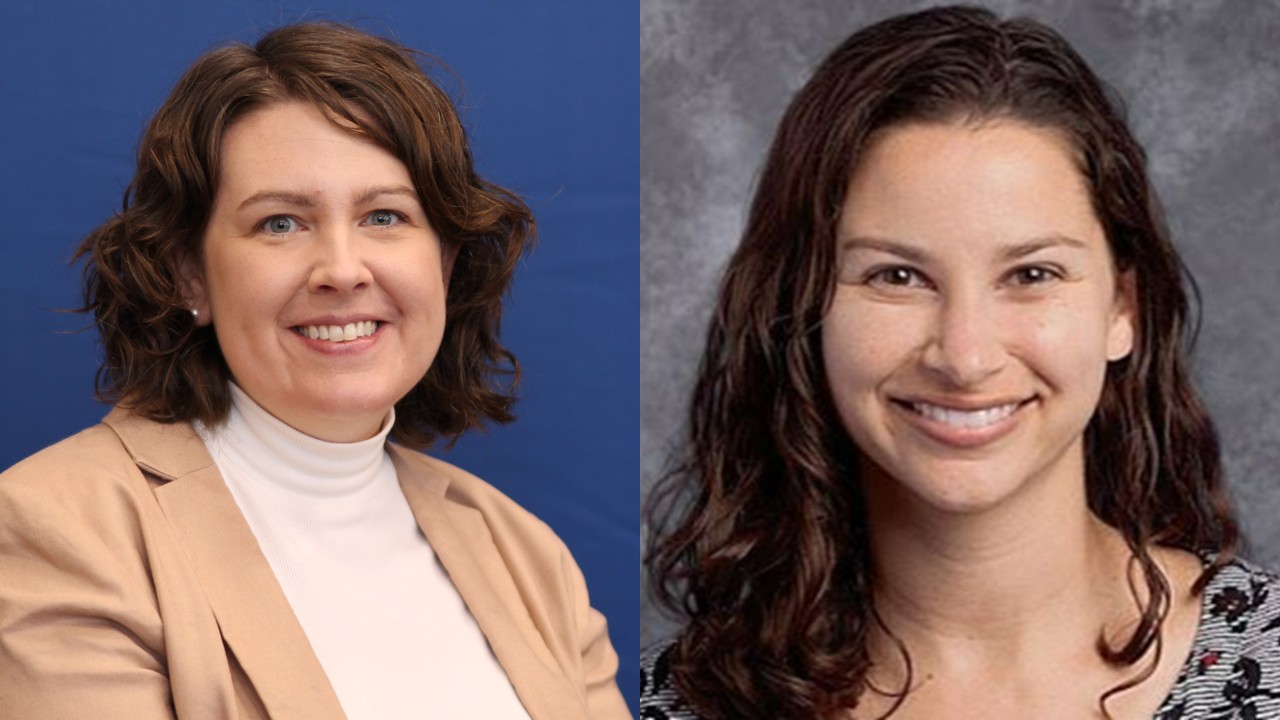
- Amanda Nevetral and Dr. Jessica Brown
- This session will explore existing accelerated math pathways for advanced learners in Virginia. Session highlights include an in-depth view of pathways in six different divisions that vary in size and region, common criteria used for eligibility, challenges to implementation, and best practices for consideration.
- Holly B
Thinking Like a Disciplinarian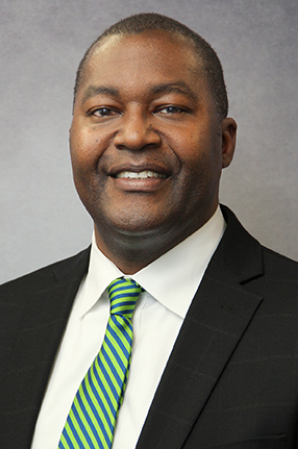
- Reginald Johns, Ph.D.
- Thinking Like a Disciplinarian will help students discover a real world connection to their studies. This session will explore how to add complexity to learning experiences through examining topics through multiple perspectives and disciplines. Participants will learn how to engage learners in critical thinking through using multiple data sources, discussion protocols, and Kaplan's Icons of Depth and Complexity.
- Dogwood A
Getting the Gist of the English Language: Using Systematic Grammar Instruction to Improve Academic Writing Ability
- Dr. Jennifer Roach
- Discover how systematic grammar instruction using the innovative GIST model can transform academic writing skills. This session will provide insights into the historical challenges of grammar education and equip educators with practical strategies to enhance their teaching and inspire student success.
- Dogwood B
How to Use Thinking Models Across Content Areas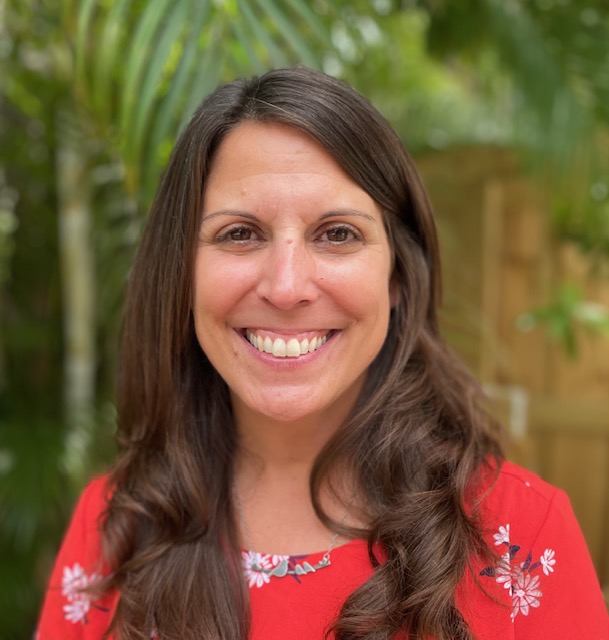
- Jennifer Callision
- Thinking models provide powerful frameworks to elicit higher-level thinking, but how can we effectively integrate them across diverse content areas? This session explores practical strategies for applying a variety of William & Mary thinking models, from Paul's Model of Reasoning to the Taba Model, to enhance learning in subjects like math, science, language arts, and social studies. Participants will learn how to select appropriate models, adapt them to specific content, and design engaging activities that promote critical thinking and deeper understanding.
- Holly A
Pedagogical Tools: An Identification Process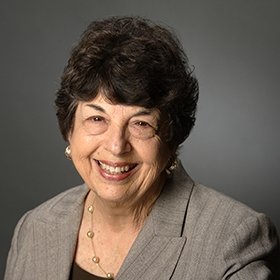
- Dr. Sandra Kaplan
- The introduction and application of curricular tasks will be presented as pedagogical tools that can promote the presentation of characteristics aligned with the identification of giftedness in students. The application of pedagogical tools applicable to all subject areas enables students to “show gifted traits” in the natural process of learning the standards-based curriculum.
- Holly B
Lunch Break
- Matoaka
Empowering Gifted and Talented Learners through Career-Connected Project-Based Learning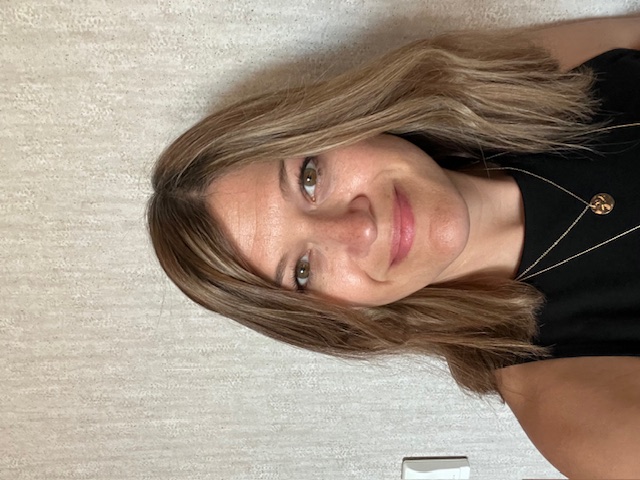
- Kim Murray
- This session explores how Defined Learning’s Career-Connected Project-Based Learning (PBL) empowers gifted learners to apply their talents to real-world challenges, fostering creativity, critical thinking, and innovation. Participants will engage in a hands-on project, learning how to customize and differentiate for diverse learners. Attendees will leave with strategies to implement PBL in their classrooms through Defined Learning
- Dogwood A
Navigating the Literacy Act with Gifted Students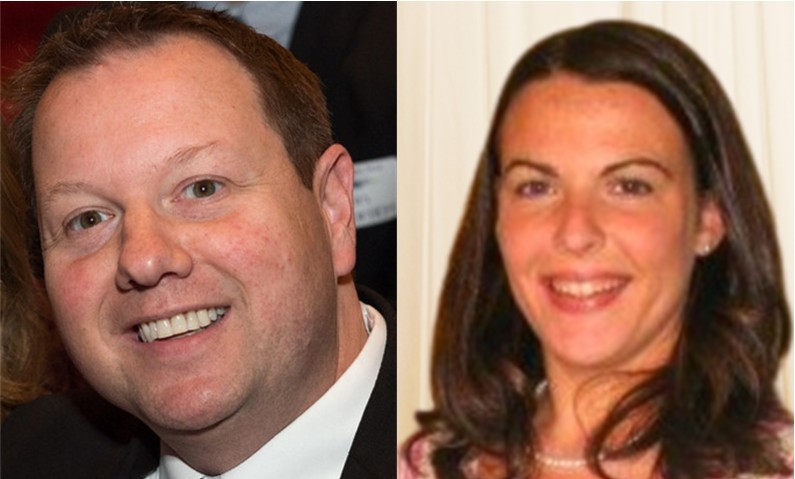
- Dr. George C. Fohl and Allison Guilliams, M.Ed.
- Join a gifted coordinator and a gifted support specialist as they share how their local division is navigating The Literacy Act and Gifted Education. The session will provide practical applications that are showing promise.
- Holly A
Integrating Sensory Awareness into Social-Emotional Learning for Gifted Students: Justification and Approaches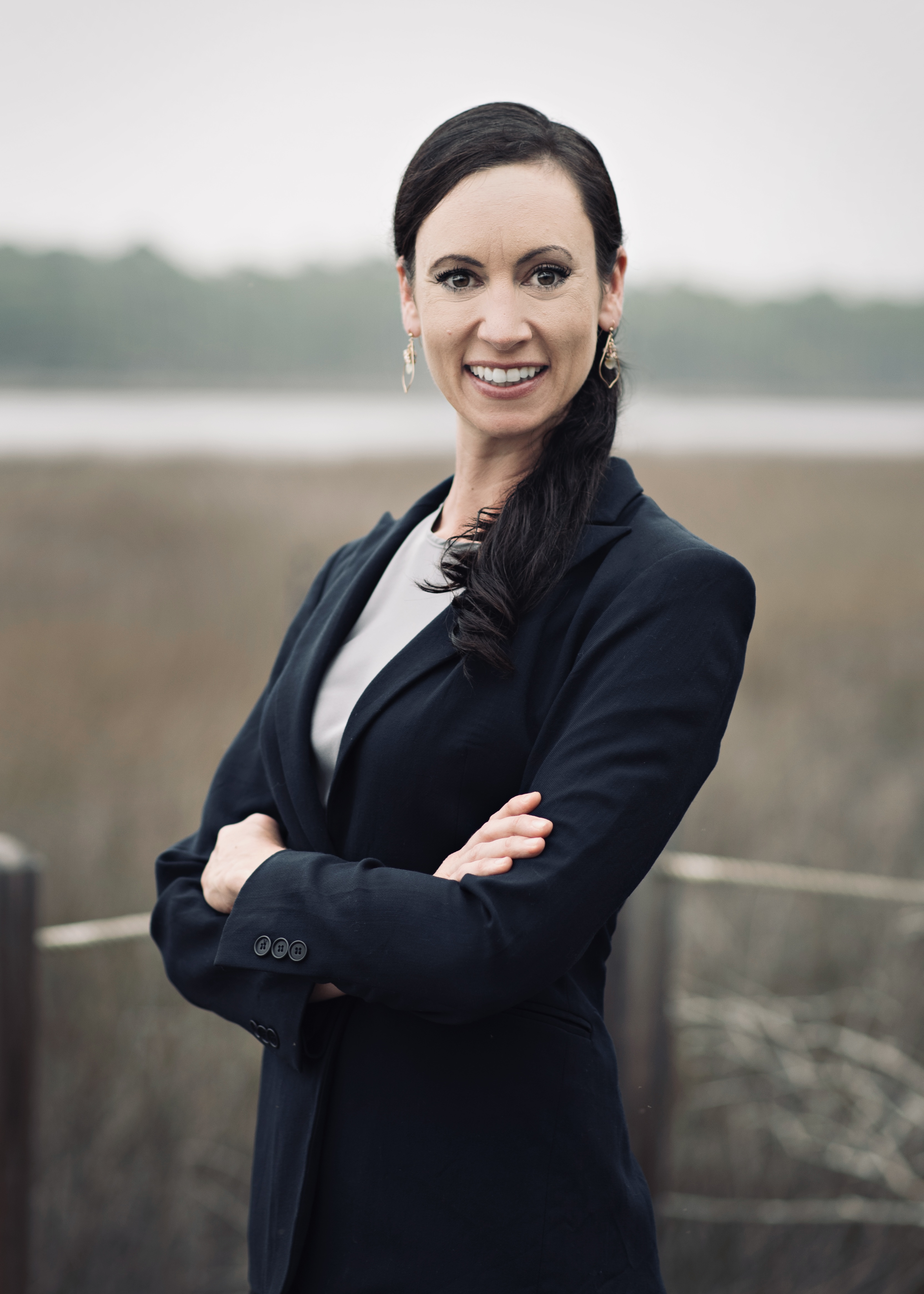
- Kathryn Hamlin-Pacheco, OTR/L
- All educational experiences are filled with sensory information that must be processed, modulated, and integrated to support regulation, attention, behavior, and ultimately learning. Yet research shows that gifted students are more likely to experience sensory-based challenges. Unmet sensory needs can lead to difficulty in classroom participation, learning, and social interactions. By addressing these needs, and teaching students to recognize and meet them, we can create an environment in which every student’s abilities can be maximized.
- Holly B
Breakout Sessions 4 2:45 - 3:45 p.m.
Using Primary Documents to Deepen Understanding

- Reginald Johns, Ph.D.
- Participants will explore how to integrate critical thinking tools (DeBono's Thinking Hats, Debate, Kaplan's Icons of Depth and Complexity) and primary documents (photographs, video, audio recordings) to deepen students' understanding of literature with historical references.
- Dogwood A
Take the Money and Run: What Can Be Done for Gifted Education Through Grants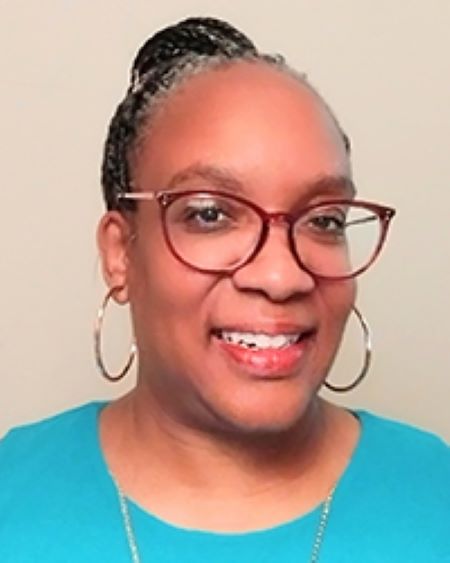
- Dr. Chandra B. Floyd
- Come learn about how grants are being used to support gifted education around the country. Of course we know about DonorsChoose, but there are other organizations through which funding can be found. Participants will leave the session with resources and tips for applying for grants to fund their projects.
- Dogwood B
Elevating Early Learning for Students through Analogies & The Legends of Learning Platform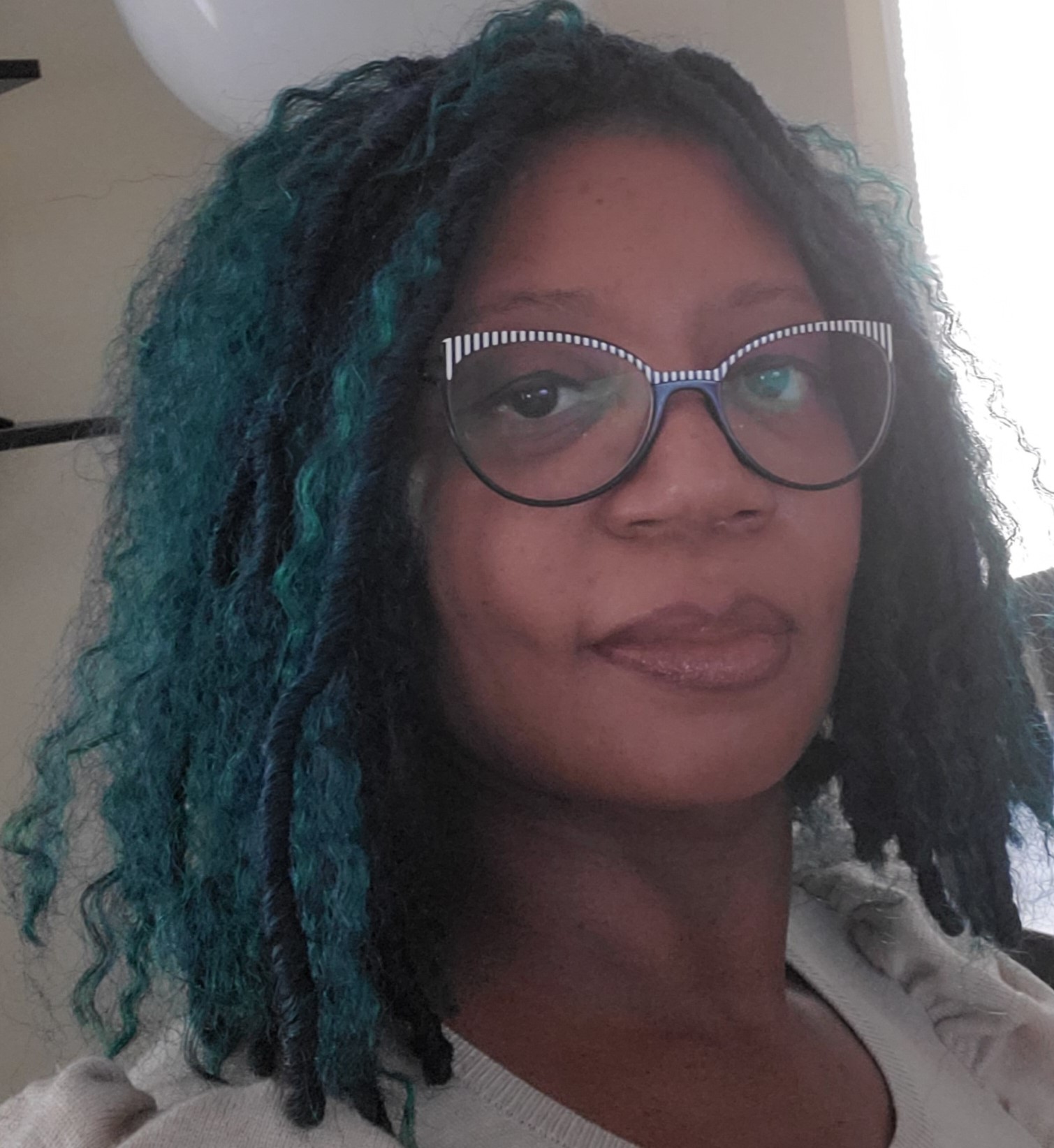
- Esther Gencheva
- This presentation lifts up the benefits of using digital analogy and teacher led lessons to create blended learning opportunities in early childhood classrooms. Analogy practice supports cognitive building blocks, nurtures critical thinking and develops problem solving skills. As students engage with analogies, they develop a foundational understanding of relationships between concepts. However, underserved students, such as economically disadvantaged, neurodiverse, 2E students, etc., do not always have access to these opportunities.
- Holly B